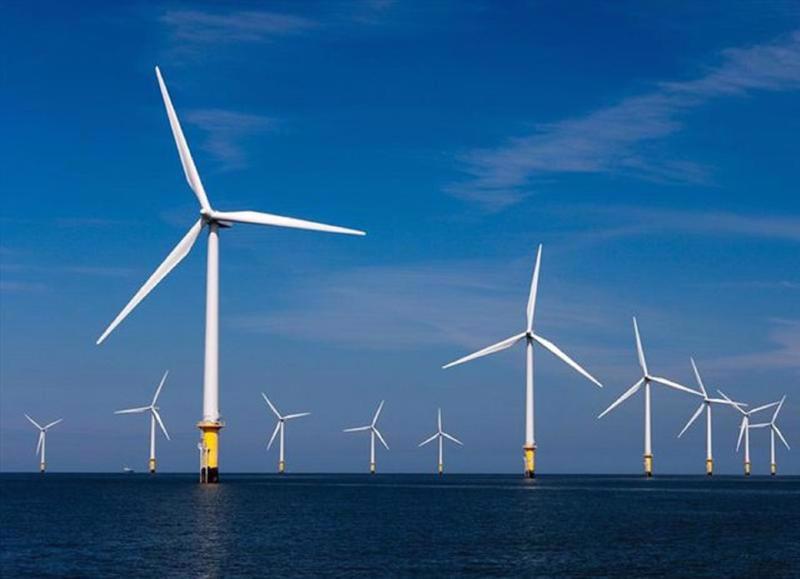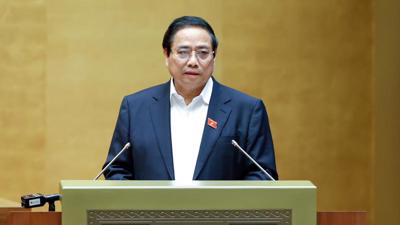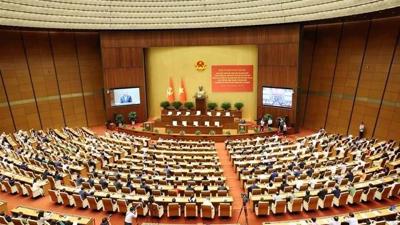Vietnam has set a target of developing 7 GW of offshore wind power by 2030 but development still faces difficulties due to the absence of an appropriate legal framework and infrastructure, a conference in Hanoi on April 12 heard.
The conference was co-hosted by Electricity of Vietnam (EVN) and the GIZ in Hanoi, to discuss and share practical experience in developing and operating such projects.
EVN is studying a project for submission to the Prime Minister to develop the first offshore wind power project in the Gulf of Tonkin, with a capacity of 800 MW.
Deputy Director General of EVN Nguyen Tai Anh said current regulations do not clarify the relevant authority that approves investment plan for these projects.
There are also no regulations on the steps and criteria to choose investors for offshore wind power projects or the price mechanisms.
There is also a lack of regulations relating to procedures, dossiers, and management of the measurement, observation, and assessment of maritime and wind resources as well as regulations on construction investment in offshore wind power projects.
In addition, infrastructure such as ports, vessels, and auxiliary means of transport have failed to meet requirements for building and operating such projects, according to Mr. Anh.
Vietnam also does not have any experience in managing, investing, designing, building, and operating offshore wind power projects, he said.
An EVN representative proposed the government and relevant ministries soon approve the National Power Development Plan VIII (PDP 8) and the national maritime space planning and issue regulations on investment in, the construction of, and the operations of offshore wind power projects.
Policies to attract investment and upgrade infrastructure system are also needed to meet requirements in offshore wind power development, according to EVN.









 Google translate
Google translate